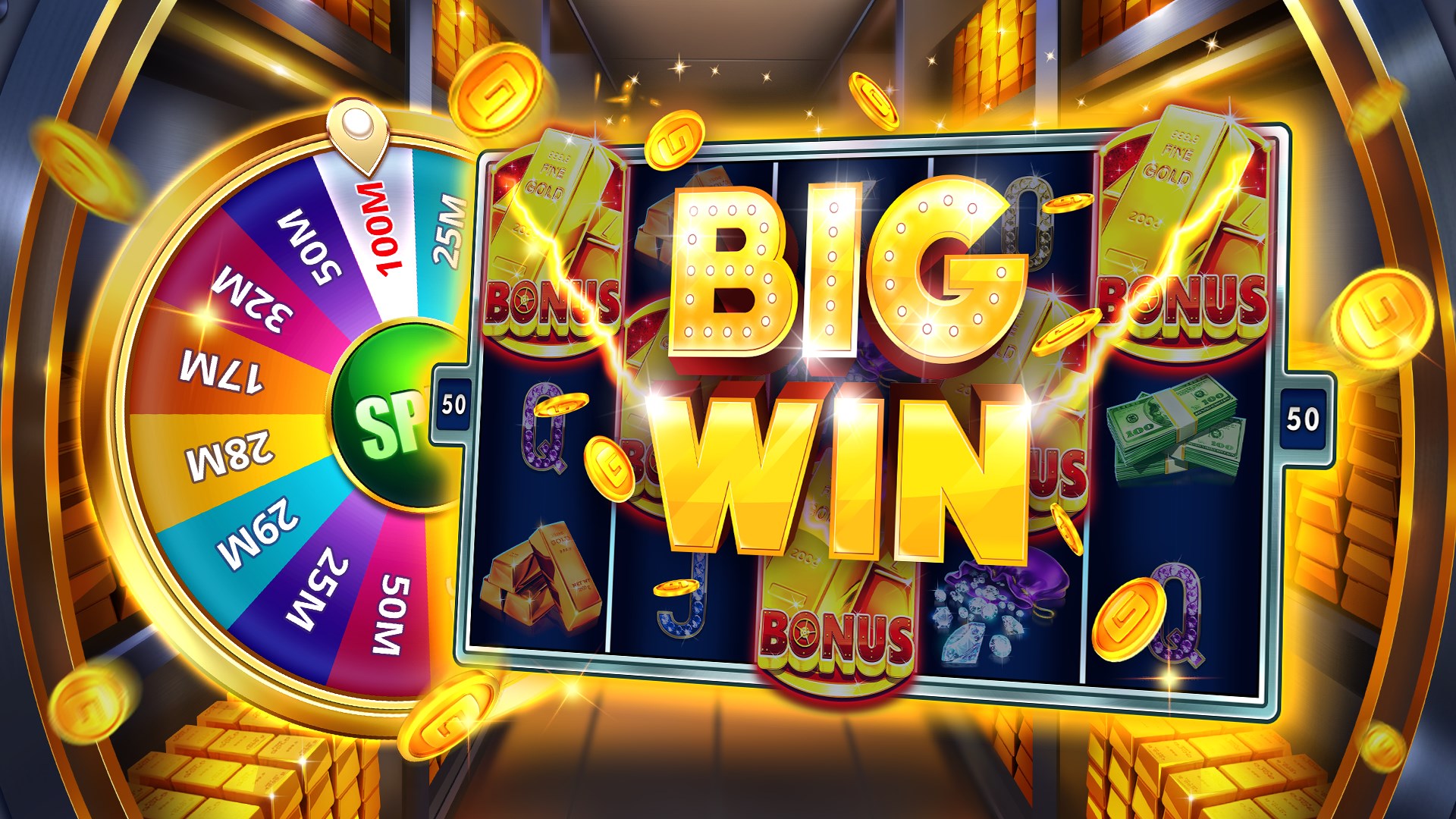Casino experiences have long captured the imagination of people around the world, becoming an important part of both fun and tradition. From the sparkling lights of the Vegas Strip to the engaging experience of virtual casinos, these activities evoke excitement, danger, and sometimes even a sense of sentimentality. They are more than simply pastimes; they have woven themselves into the fabric of human experience, influencing various aspects from film and music to fashion and books.
The allure of casino games transcends the gambling aspect, tapping into broader themes of fortune, chance, and social interaction. As players gather around a gaming table or turn the wheel of fortune, they engage in an age-old ritual that echoes with our shared desire for excitement and uncertainty. This obsession has led to the rise of many references in movies, songs, and gaming, showcasing how strongly entrenched these pastimes are in mainstream culture. Whether it is the high-stakes tension of a traditional heist movie or the colorful nightlife portrayed in videos, casino games have established a substantial niche that reflects our relationship with risk.
Cultural Importance of Casino Activities
Gambling activities have played a pivotal role in social contexts throughout history. Stemming from old civilizations, games of chance were often linked to ceremonies or gatherings. For example, early forms of these activities can be traced back to historic China and the Roman Empire, where dice games and betting on outcomes were common pastimes. These games not only served as leisure but also as means of social interaction, facilitating connections among people within societies.
As cultures evolved, so did the complexity and organization of casino games. The creation of official casinos in the 17th century, particularly in Italy, marked a notable shift in how games were perceived and structured. With designated spaces for gambling, the casino became a social hub where patrons from different backgrounds convened. This evolution contributed to the validation of the industry, transforming it from a mere pastime into an organized industry that influenced the economy and policy.
The effect of casino games on mainstream culture cannot be understated. As they were popularized in books and movies, games such as Texas Hold’em and 21 became icons of risk, chance, and strategy. Iconic figures and stories have emerged around these activities, reflecting societal views towards fortune, wealth, and vice. This interest with gambling activities has permeated various forms of media, solidifying their place in the public imagination and linking them to broader cultural narratives throughout the ages.
Depiction of Gambling Activities in Media
Casino games have long been a popular subject in various forms of media, reflecting both the thrill and complexities of the world of gambling. Movies such as Ocean’s Eleven and Casino Royale portray individuals who navigate high-stakes environments, showcasing not only the appeal of the casino atmosphere but also the strategies and choices that come with playing popular games like Texas Hold’em and blackjack. These movies often dramatize the exhilaration of winning and the potential consequences of losing, encapsulating the perils involved in gambling.
Television shows have also explored the universe of gambling activities, often integrating them into the plot as a context for story progression and tension. Series like Las Vegas depict the lives of casino workers and customers, highlighting the lively, often disorderly energy of the casino floor. Docuseries featuring intense gambling competitions further emphasize the fascination of casino games, drawing viewers into the tension and planning involved in each game. Through these representations, media not only entertains but also prompts conversations about luck, skill, and the character of chance.
Gaming have increasingly integrated gambling activities into their structure, allowing players to recreate the feeling of gambling without financial risk. Games within the realm of digital gaming often include virtual slots, poker, and other casino favorites, creating an engaging environment that mirrors real-life gameplay. These virtual portrayals make casino games accessible to a global audience, appealing to both players who indulge and those who enjoy the rush of virtual experiences. As a consequence, the representation of gambling activities in media continues to shape public perception and cultural relevance, highlighting their role in society and culture.
Effect of Casino Games on Society
Casino games have a meaningful effect on society, influencing multiple aspects of culture and social behavior. They often function as a venue for social interaction, where people gather to experience a common experience. Casino trips with friends or trips to casinos become social activities that build connections and create memories. This communal aspect enhances the entertainment value of casino games, making them a favored choice for festivities and recreational pursuits.
Additionally, gambling activities have been depicted in numerous movies, TV series, and written works, shaping views and opinions towards gambling and gaming. Icons like James Bond competing in baccarat or the high-stakes poker scenes in films have cemented these games in the collective imagination. This representation often glamorizes the culture associated with gambling, drawing in new players and impacting trends in both style and behavior. These representations can ignite curiosity and lead to a deeper investigation of the nuances of gaming.
Nonetheless, there are also adverse implications associated with the popularity of casino games. The temptation of quick monetary gain can lead to gambling addiction and financial troubles for some individuals. Society must contend with these consequences, advocating for responsible gaming and awareness of the dangers involved. Balancing the fun aspect of casino games with the risks is vital to ensure that they continue to be a beneficial aspect of our societal fabric.
Xin88.com
